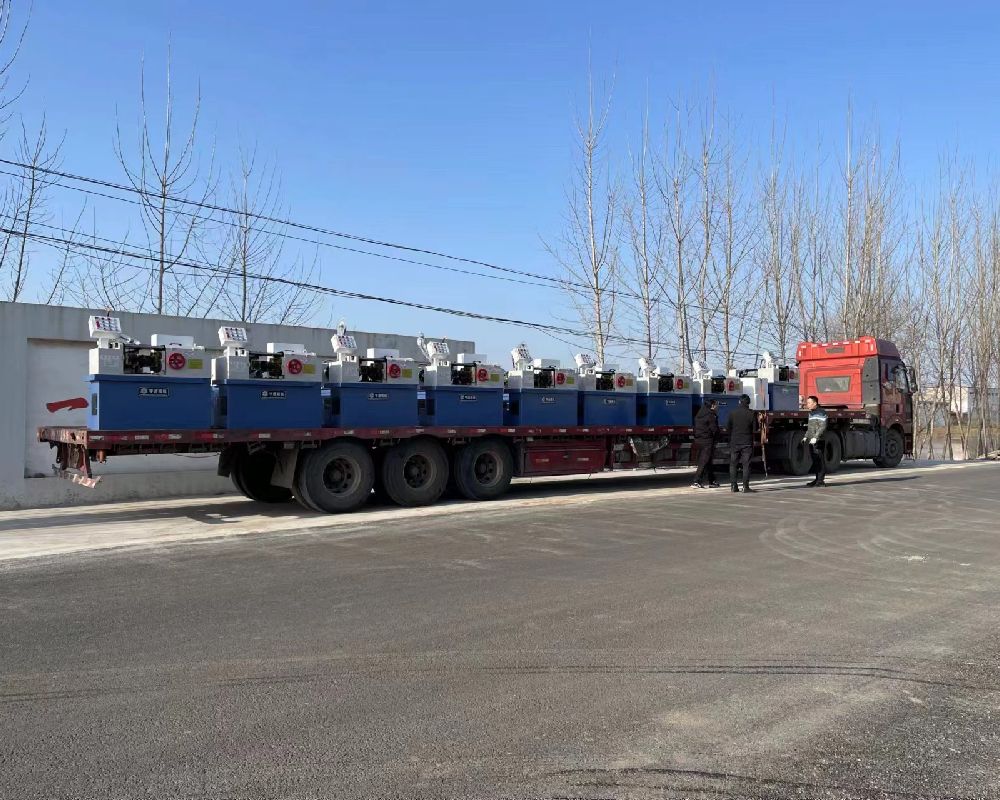
-
 Afrikaans
Afrikaans -
 Albanian
Albanian -
 Amharic
Amharic -
 Arabic
Arabic -
 Armenian
Armenian -
 Azerbaijani
Azerbaijani -
 Basque
Basque -
 Belarusian
Belarusian -
 Bengali
Bengali -
 Bosnian
Bosnian -
 Bulgarian
Bulgarian -
 Catalan
Catalan -
 Cebuano
Cebuano -
 Corsican
Corsican -
 Croatian
Croatian -
 Czech
Czech -
 Danish
Danish -
 Dutch
Dutch -
 English
English -
 Esperanto
Esperanto -
 Estonian
Estonian -
 Finnish
Finnish -
 French
French -
 Frisian
Frisian -
 Galician
Galician -
 Georgian
Georgian -
 German
German -
 Greek
Greek -
 Gujarati
Gujarati -
 Haitian Creole
Haitian Creole -
 hausa
hausa -
 hawaiian
hawaiian -
 Hebrew
Hebrew -
 Hindi
Hindi -
 Miao
Miao -
 Hungarian
Hungarian -
 Icelandic
Icelandic -
 igbo
igbo -
 Indonesian
Indonesian -
 irish
irish -
 Italian
Italian -
 Japanese
Japanese -
 Javanese
Javanese -
 Kannada
Kannada -
 kazakh
kazakh -
 Khmer
Khmer -
 Rwandese
Rwandese -
 Korean
Korean -
 Kurdish
Kurdish -
 Kyrgyz
Kyrgyz -
 Lao
Lao -
 Latin
Latin -
 Latvian
Latvian -
 Lithuanian
Lithuanian -
 Luxembourgish
Luxembourgish -
 Macedonian
Macedonian -
 Malgashi
Malgashi -
 Malay
Malay -
 Malayalam
Malayalam -
 Maltese
Maltese -
 Maori
Maori -
 Marathi
Marathi -
 Mongolian
Mongolian -
 Myanmar
Myanmar -
 Nepali
Nepali -
 Norwegian
Norwegian -
 Norwegian
Norwegian -
 Occitan
Occitan -
 Pashto
Pashto -
 Persian
Persian -
 Polish
Polish -
 Portuguese
Portuguese -
 Punjabi
Punjabi -
 Romanian
Romanian -
 Russian
Russian -
 Samoan
Samoan -
 Scottish Gaelic
Scottish Gaelic -
 Serbian
Serbian -
 Sesotho
Sesotho -
 Shona
Shona -
 Sindhi
Sindhi -
 Sinhala
Sinhala -
 Slovak
Slovak -
 Slovenian
Slovenian -
 Somali
Somali -
 Spanish
Spanish -
 Sundanese
Sundanese -
 Swahili
Swahili -
 Swedish
Swedish -
 Tagalog
Tagalog -
 Tajik
Tajik -
 Tamil
Tamil -
 Tatar
Tatar -
 Telugu
Telugu -
 Thai
Thai -
 Turkish
Turkish -
 Turkmen
Turkmen -
 Ukrainian
Ukrainian -
 Urdu
Urdu -
 Uighur
Uighur -
 Uzbek
Uzbek -
 Vietnamese
Vietnamese -
 Welsh
Welsh -
 Bantu
Bantu -
 Yiddish
Yiddish -
 Yoruba
Yoruba -
 Zulu
Zulu
CE Certified Bolt Rolling Machine for Efficient Production and Quality Assurance
CE Certification for Bolt Rolling Machines Ensuring Safety and Quality in Manufacturing
In the evolving landscape of global manufacturing, machinery safety and quality have become paramount. One of the key aspects of ensuring these standards is through certification processes. This article explores the CE certification specifically for bolt rolling machines, a vital piece of equipment used in the manufacturing of bolts and screws across multiple industries.
What is CE Certification?
CE marking is a symbol that indicates conformity with health, safety, and environmental protection standards for products sold within the European Economic Area (EEA). It is a clear assertion that the machinery complies with all relevant European directives and regulations. For manufacturers, obtaining CE certification is not just a legal obligation; it is a commitment to product quality and consumer safety.
Bolt Rolling Machines An Overview
Bolt rolling machines are specialized pieces of equipment used to form bolts from metal rods. The process involves rolling the rod under high pressure to create the desired shape and dimensions. These machines significantly enhance efficiency and precision in production, making them indispensable in the fastener manufacturing industry. However, like all industrial machinery, they come with risks. Hence, proper safety standards must accompany their operation.
Importance of CE Certification in Bolt Rolling Machines
1. Safety Assurance The primary aim of CE certification is to ensure the safety of the machine for operators and the environment. Bolt rolling machines, if not correctly designed or maintained, can pose hazards due to moving parts, high pressures, and electrical components. CE certification requires thorough risk assessments and adherence to safety protocols, considerably reducing injury risks.
2. Quality Control CE marking indicates that the machine has passed stringent quality checks and complies with the European Product Directives. This assurance of quality is critical for manufacturers who rely on bolt rolling machines to produce parts that meet specific mechanical and dimensional tolerances. High-quality machinery leads to fewer defects, lower rejection rates, and ultimately enhances the bottom line.
3. Market Access For machine manufacturers aiming to enter the European market, CE certification is essential. Without this certification, their products cannot be legally sold in the EEA. Therefore, obtaining CE marking opens doors to new markets, fostering business expansion and attracting international customers.
ce certification bolt rolling machine

4. Environmental Compliance In today's manufacturing climate, environmental regulations are increasingly significant. CE certification includes compliance with directives concerning environmental impact. Thus, manufacturers utilizing CE-certified bolt rolling machines can demonstrate their commitment to reducing environmental harm, appealing to eco-conscious consumers and stakeholders.
The Certification Process
Obtaining CE certification for a bolt rolling machine involves several steps
1. Determine Applicable Directives Manufacturers must identify which EU directives apply to their machinery, such as the Machinery Directive and the Low Voltage Directive.
2. Conduct a Risk Assessment This vital step assesses potential hazards associated with the machinery, ensuring that risks are minimized and controlled.
3. Testing and Compliance Checks Machines are subjected to rigorous testing to ensure they meet the established standards. This could include mechanical, electrical, and performance tests.
4. Technical Documentation Manufacturers need to compile comprehensive technical documentation that outlines the machine's design, manufacturing process, and compliance with applicable directives.
5. Declaration of Conformity Upon successful testing and verification, the manufacturer issues a Declaration of Conformity, certifying that the machine meets all regulatory requirements. The CE mark is then affixed to the equipment.
Conclusion
In summary, CE certification for bolt rolling machines is a critical component in ensuring safety, quality, and market competitiveness. By adhering to these regulations, manufacturers not only protect their employees and comply with legal standards but also enhance their reputation in the global market. As industries continue to evolve, the importance of such certifications will only grow, solidifying the role of CE marking as a cornerstone of modern manufacturing practices.
